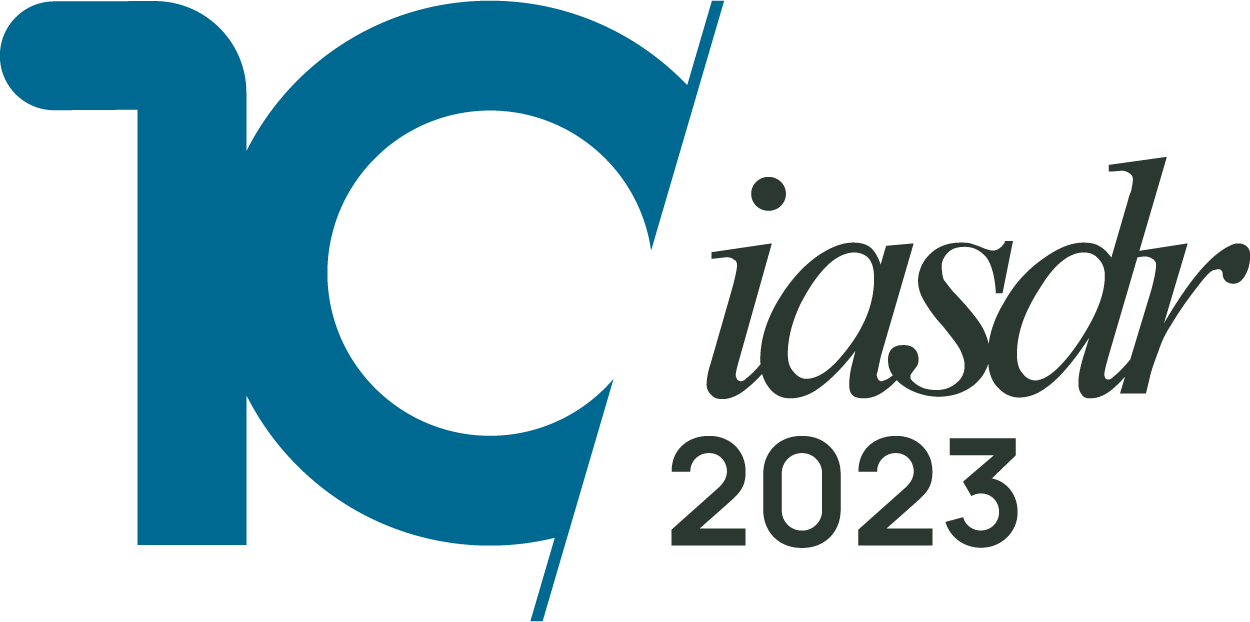Panels
The Opportunities and Challenges of AIGC Platforms in Design Practice and Education
Date: Mon, 09 October 2023, 11:30 – 13:00 CEST
Panelists: Zhibin Zhou, Weitao You, Henry B.L. Duh.
Format: Hybrid with registration for in-person attendance
View the full proposal here
The purpose of the panel talk is to investigate the impact of AIGCs on design practice and education, assess potential challenges and opportunities, and explore methods for preparing the next generation of designers to collaborate with AIGC platforms through design education. This panel talk aims to achieve the following objectives: (1) Explore the impact of AIGC platforms on design practice and education, understand their current applications in design, and examine their potential influence on future design workflows; (2) assess the existing challenges and opportunities that design practitioners face when working with AIGC platforms to meet client needs; (3) discuss how design education can better equip students to work with AIGC platforms, identifying ways to incorporate AIGC platforms into design courses that will effectively prepare students for future careers.
Why (and how) design must change
Date: Tus, 10 October 2023, 09:30 – 11:00 CEST
Panelists: Robert Kozma, Anne Berry, Manuel Lima, Don Norman
Format: Hybrid with registration for in-person attendance
View the full proposal here
The existing situation in the world is, for the most part, the product of our designs. And while we have designed many wonderful things and generated much wealth, we have left much of humanity and a diminished planet in our wake. The world we have designed is too often unjust, inequitable, inhumane, and unsustainable. Some of this is due to our harmful designs, but much is due to the fact that we have failed to explicitly address these problems with our designs. The business models of far too many companies treat profit as the only measure of success, while their products destroy the ecosystems, increase inequalities, and lessen the quality of life for many. While it has contributed to this situation, the design profession also has the potential to play a major role in reversing it.
Unfortunately, the profession currently tends to focus on a narrow range of designs. In addition, the design profession is filled with myths and practices that focus on a narrow range of designs, designers, and voices, which exclude narratives that have been passed down over generations. If we are to change the existing situation, if we are to have life-changing design, we must first change design.
Design and its role in tackling global food loss and waste ‘farm to fork’
Date: Tue, 10 October 2023, 09:30 – 11:00 CEST
Panelists: Simon Lockrey, Jakob Trischler, Fredrik Nilsson, Virginia Martin Torrejon, Jack Pickering, Anna Meroni, Davide Fassi.
Format: Hybrid with registration for in-person attendance
View the full proposal here
During the past decade, there has been extraordinary growth in the focus and attention on food loss and waste (FLW). Research has highlighted the extent of the problem across the entire food supply chain, including its interconnectedness; challenges facing developed and developing nations; the vast quantities and volumes of loss and waste; and the drivers and causes of such loss and waste. Globally, it has been estimated that over US$1.2 trillion of food is lost or wasted across the food supply chain per annum, equivalent to 1.6 billion tonnes of material. Without the introduction of major reduction measures, this figure is projected to increase to 2.1 billion tonnes and $1.5 trillion dollars by 2030. Thus FLW represents a massive misuse of financial and natural resources, but also opportunities for sustainability gains if acted upon. The implications of failing to tackle FLW are multiple: financial for businesses, governments and society; social including food security; and environmental, including release of greenhouse gas emissions, impacts on land and water use, ecosystem/species extinction impacts. The issue also links closely with acute and growing environmental crises including pollution, climate change, and resource depletion. Environmental benefits conferred by the reduction of FLW also means that these efforts contribute towards commitments to the reduction of greenhouse gas emissions, such as the United Nations Framework Convention on Climate Change. Thus actions on FLW hold promise in triple bottom line outcomes on a global scale.
For years design has been touted as defining a significant portion of the environmental impacts of everyday products and systems. This follows for food systems which combine material and digital infrastructure, for which design plays a crucial role in creating. Therefore design is critical in determining better environmental parameters for FLW, and such action relates to United Nations (UN) sustainable development goal (SDG) 12 i.e. design can assist the transition to sustainable consumption and production patterns. SDG target 12.3 – the reduction of FLW “by 2030, halve per capita global food waste at the retail and consumer levels and reduce food losses along production and supply chains, including post-harvest losses,” begs the question how best to tackle the issues regarding FLW and achieve these set targets? To that end, this panel explores how design may contribute to global efforts to reduce FLW.
Design new spaces/new interiors: research and didactic for new sustainable futures. From Cumulus Antwerp 2023 to IASDR 2023
Date: Tue, 10 october 2023, 11:30 – 13:00 CEST
Panelists: Francesco Scullica, Inge Somers, Elena Elgani, Chiara Lecce, Liene Jākobsone, Louie T. Navarro.
Format: Hybrid with registration for in-person attendance
View the full proposal here
IASDR 2023 offers the possibility to explore the topic of sustainability. This field of research urgently requires the development of new skills and the training of a new generation of designers, as well as the interior designers and the interior architects. The panel intends to continue the debate and the exchange initiated during the Cumulus Working Group “New Spaces/New Interiors”, presented for the first time at the Cumulus Conference in Antwerp, on April 2023. Sustainability is capable of connecting disciplines such as architecture, spatial design, product design, service design, research on new materials and building systems that can dialogue and connect for the definition of new operational scenarios. Knowing that the theme is wide and the actors present in IASDR 2023 are coming from different cultural, historical and academic backgrounds, this panel intends to create moments to meet and exchange without borders. The panel will feature scholars from five different schools and universities, who will bring the experience of their own school within education, research and practice in the field of sustainability.
Changing scientific production in design
Date: Wed, 11 October 2023, 11:30 – 13:00 CEST
Panelists: Eleonora Lupo, Elena Formia, Peter Lloyd
Format: Hybrid with registration for in-person attendance
View the full proposal here
This panel aims at providing an opportunity to discuss the scientific production and publication in design as a research area, sharing opinions and best practices, and envisioning new directions, methods, policies. We want to attract and engage the IASDR community, proposing controversial ideas and including experts in the fields with different backgrounds and practices.
The main questions are: how is scientific production and publication in design renewing and transforming to better respond and serve to the needs of the research community and have a real social, politic and economic impact? How can design publication enable the emergent diversity of knowledge?
Designing designing: Design methods revisited
Date: Thu, 12 october 2023, 09:30 – 11:00 CEST
Panelists: Maria Göransdotter, Valentina Auricchio, James Auger, Jaap Daalhuizen, Elisa Giaccardi.
Format: Hybrid with registration for in-person attendance
View the full proposal here
The attention to methods is central in design practice. In the context of IASDR 2023 this panel could thus have been suggested within any of the conference tracks. However, we are more specifically addressing the query highlighted in the Changing Communities track: “How can we innovate collaborative processes and codesign knowledge, methods, and tools while considering current socio-technological transformations?” The panel focuses on the evolution and making of new methods, investigating the relationships between theory and practice through the entry point of methods. For example in emerging participatory and collaborative design practices, developing methods for community engagement (Wahlin & Blomkamp, 2022), for making publics (Le Dantec & DiSalvo, 2013; Lindström & Ståhl, 2014) and for creating commons (Bruyns & Kousoulas, 2022) often takes issue with the roles and agencies of design in reimagining and reformulating worldviews, norms, and practices. Generally speaking, developing design methods through experimentation and critical reflection seems essential to design, whether in commercial, public, pedagogical, or research contexts. Despite this, research conversations that explicitly take a starting point from design methods are fairly infrequent nowadays. With this panel, we wish to revisit and reopen conversations on design methods in discussing emerging design practices from points of view that highlight how designing is shaped by methods, and how methods carry ideas about what design and designing could be.
Design for placemaking
Date: Thu, 12 October 2023, 11:30 – 13:00 CEST
Panelists: Carla Sedini, Anna Meroni, Daniela Selloni, Silvia D’ambrosio, Luigi Ferrara, Albert Fuster, Matthew Hexemer, Stefano Daelli.
Format: Hybrid with registration for in-person attendance
View the full proposal here
Placemaking has been defined as the process of building communities around a place, working with communities to build urban space into home-like places (Project for Public Spaces (PPS) in the 1980s). Moreover, Placemaking has been intended as a transformative strategy focused on people, aiming at strengthening social relationships to share meanings about a place (Buser et al., 2013 in Romeiro, 2017). But what are the role and the specific strategies that Design can play and implement in Placemaking processes? A Cumulus Working Group, named Design for Placemaking, has been recently launched to address this topic from an education and training perspective. On the occasion of the IASDR conference, we want to enlarge this perspective by focusing on research activities and providing a theoretical understanding of the issue. Starting from the preliminary case study carried out, which involved different international design schools and institutions (e.g. George Brown College, ELISAVA, Tongji University, etc.), we want to grasp a reviewed theoretical understanding of Design for Placemaking focusing on research activities using a Grounded Theory perspective.



